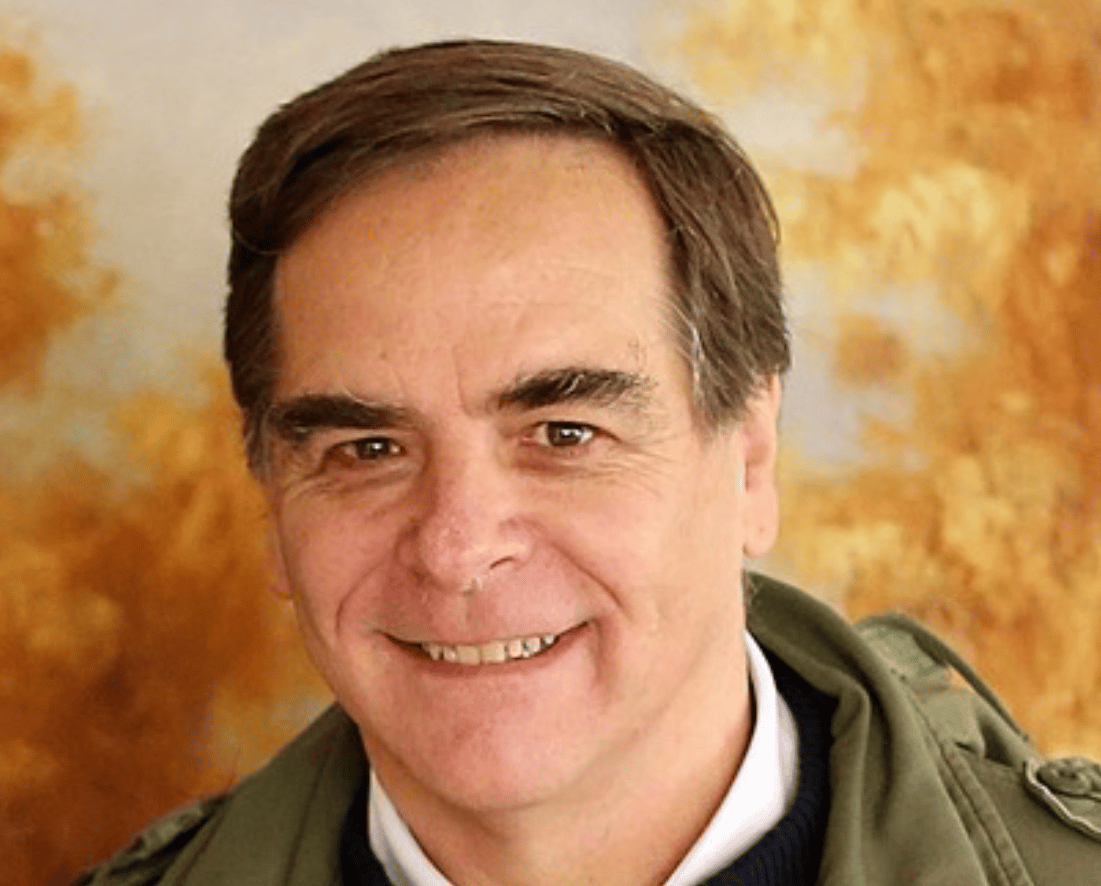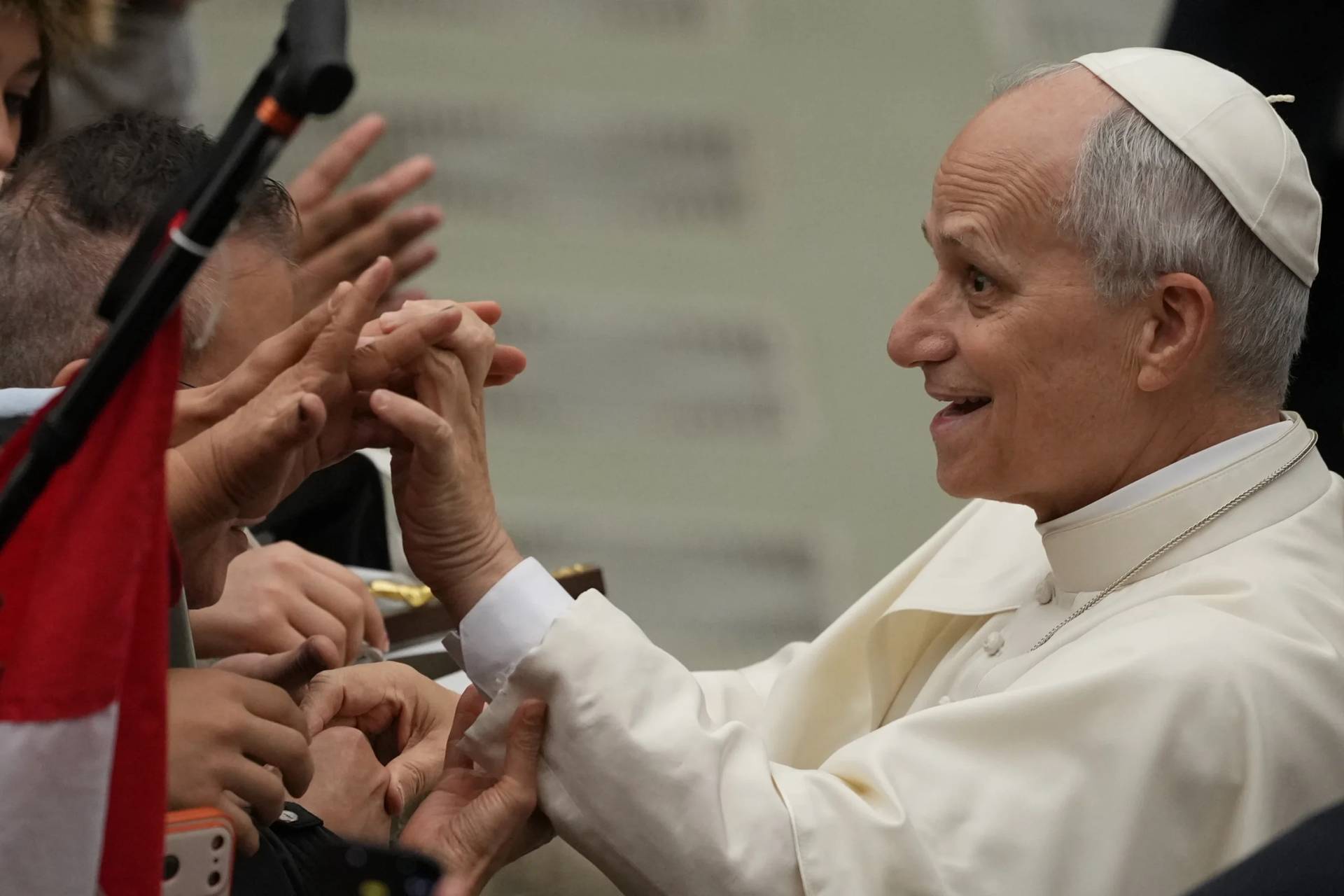ROME — It’s no surprise that after the death of British rock star David Bowie, tributes from around the globe poured in. From Madonna to British Prime Minister David Cameron, all paid respects after his death Sunday following an 18-month battle with cancer.
What’s more surprising, however, is that the Vatican also weighed in, and in at least two separate bits of praise.
The Vatican newspaper, L’Osservatore Romano, carried a piece on him in its Tuesday edition titled “Bowie: Never banal.”
“One might even say that, beyond the apparent excesses, the legacy of David Bowie, who died Jan. 10 at age 69, is enclosed in its own sort of personal sobriety, expressed even in the lean physique, almost threadlike,” says the article.
The paper describes Bowie’s carrier as gradually built through frequent incursions in other art forms, and goes as far as calling “Heroes,” a rock anthem dedicated to the children of Berlin separated by the wall between East and West Germany, as a “real gem.”
As L’Osservatore Romano notes, throughout five decades of rock music, the artist succeeded in arousing a growing consensus, leading the head of the Anglican Church, Archbishop Justin Welby, to remember Bowie’s music as a “personal soundtrack.”
“I remember sitting listening to his songs endlessly in the ’70s particularly and always really relishing what he was, what he did, the impact he had,” Welby told the BBC Monday. “Extraordinary person.”
Italian Cardinal Gianfranco Ravasi, head of the Vatican’s Council for Culture, joined Gene Simmons, Kanye West, and Lady Gaga in paying his respects. On Twitter, he quoted Bowie’s 1969 hit, “Space Oddity:”
Ground Control to Major Tom
Commencing countdown,
engines on
Check ignition
and may God's love be with you (David Bowie)— Card. Gianfranco Ravasi (@CardRavasi) January 11, 2016
Bowie was always a spiritual seeker and went through a Christian phase in the mid-1970s, releasing an album called “Station to Station,” with the title track being a reference to the Stations of the Cross.
He told talk show host/comedian Ellen DeGeneres in 2004 that his spiritual road had been a long one: “I was young, fancy free, and Tibetan Buddhism appealed to me at that time. I thought, ‘There’s salvation.’ It didn’t really work. Then I went through Nietzsche, Satanism, Christianity … pottery, and ended up singing. It’s been a long road.”
“Questioning my spiritual life has always been germane to what I was writing. Always,” he said in a 2003 interview with BeliefNet. “It’s because I’m not quite an atheist and it worries me. There’s that little bit that holds on: Well, I’m almost an atheist. Give me a couple of months…”
“That’s the shock: All clichés are true,” he continued. “The years really do speed by. Life really is as short as they tell you it is. And there really is a God — so do I buy that one? If all the other clichés are true …. Hell, don’t pose me that one.”
Bowie’s interest in Christianity can also be gleaned from the fact that he played a bit part as Pontius Pilate in the controversial 1998 Martin Scorsese film “The Last Temptation of Christ,” based on a Nikos Kazantzakis novel suggesting that Christ experienced various temptations including fear, doubt, depression, reluctance, and lust.

















